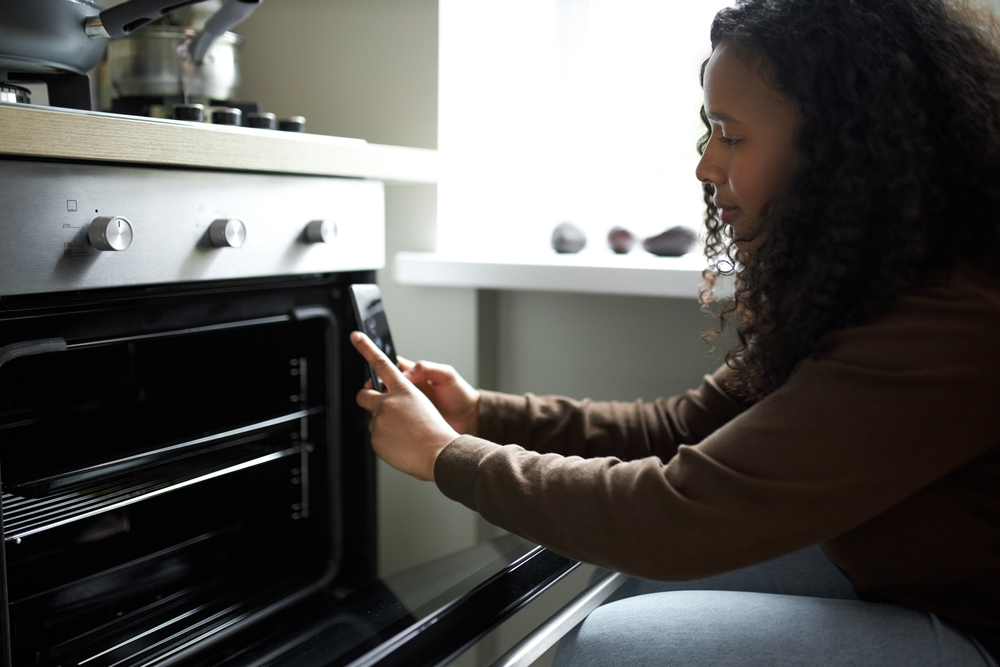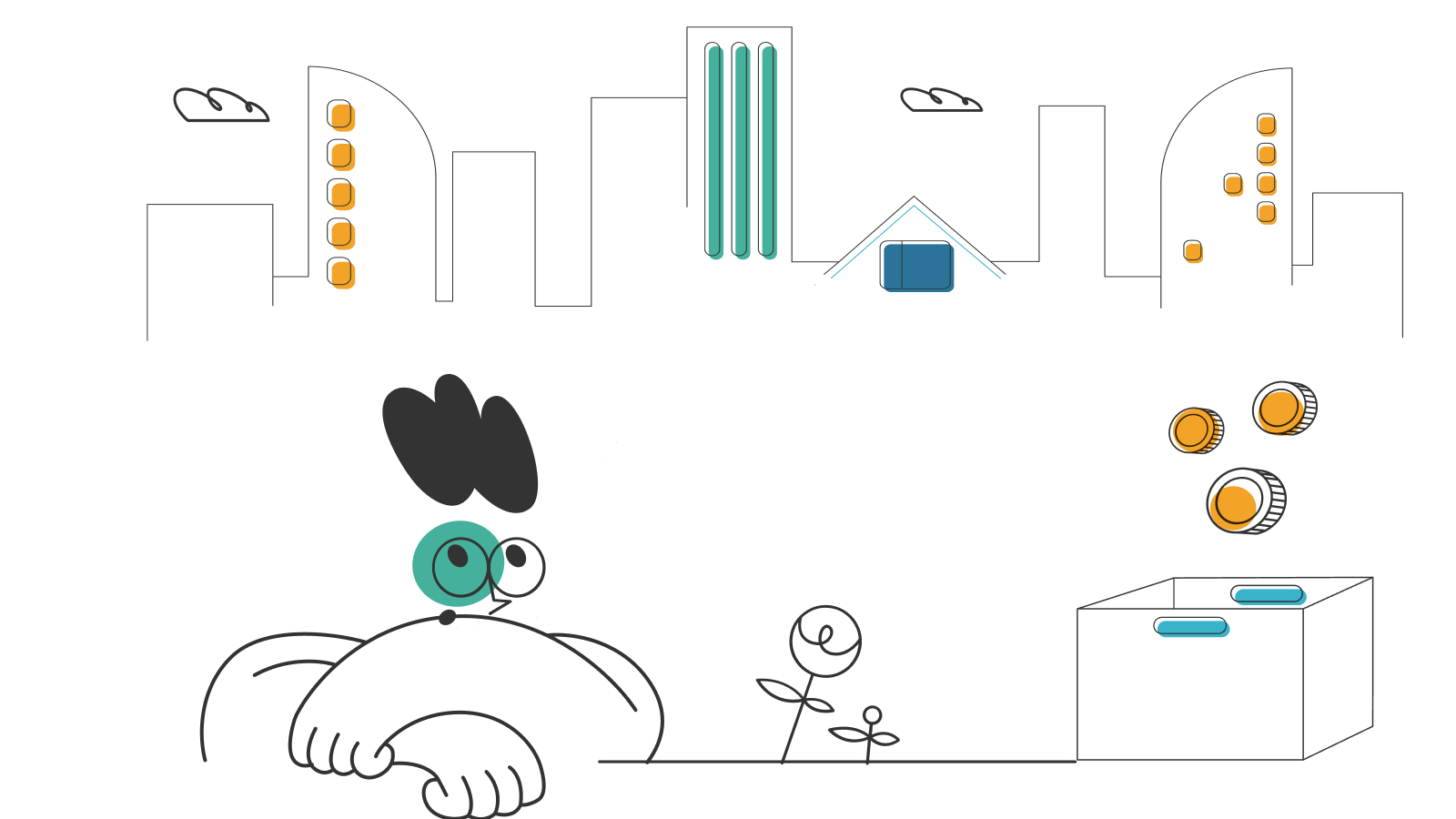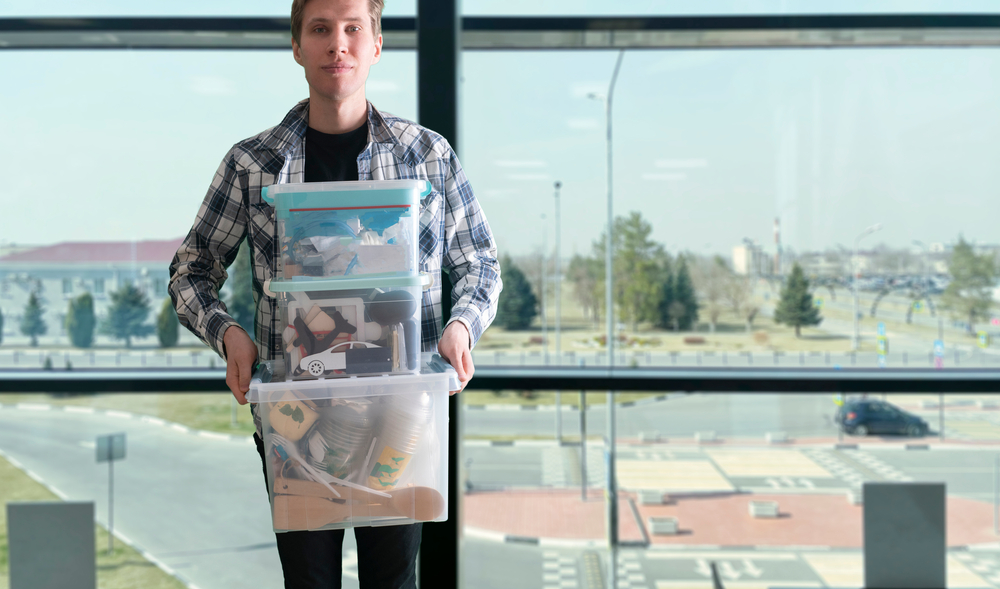Important Documents That You Need for Moving
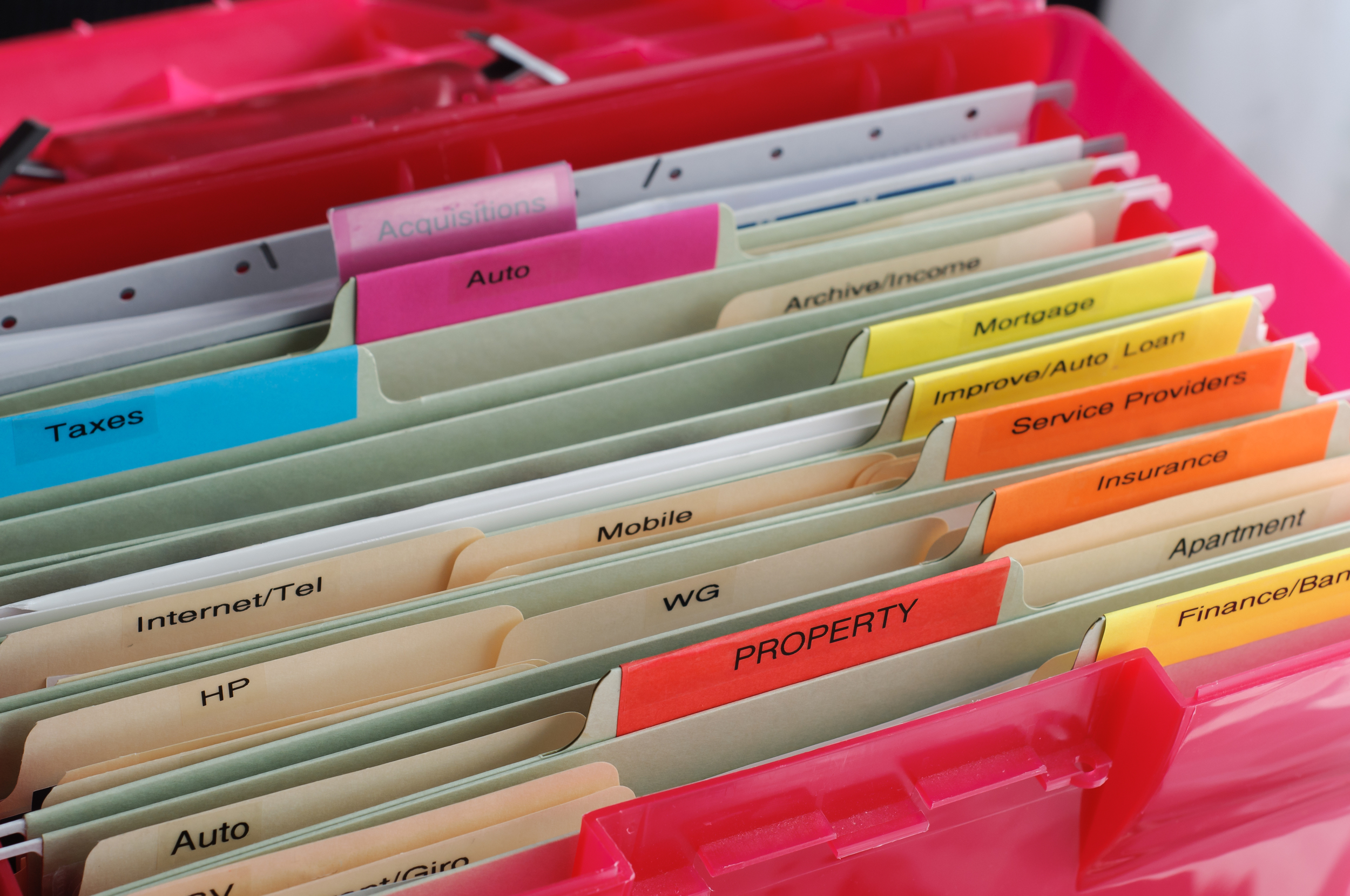
Moving soon? Get organized with our free moving checklist.
When it comes to moving, losing track of important paperwork can turn an already stressful moving experience especially sour. Be sure to keep these important documents close at hand before packing up the moving truck, as you’ll need them to complete many (many!) other tasks related to your move.
Step 1: Gather the Important Stuff
Your Driver’s License
Even if a professional mover is doing the driving for you on moving day, you’ll still want to keep your driver’s license on you. You’ll likely need to provide your driver’s license number to set up new utility or cable service at your new place.
Your Passport
Needless to say, passports are pricey and take a fair amount of time to reissue. If you’re moving due to employment-related reasons, you may need to show your passport to your new employer as proof of your right to work and citizenship status.
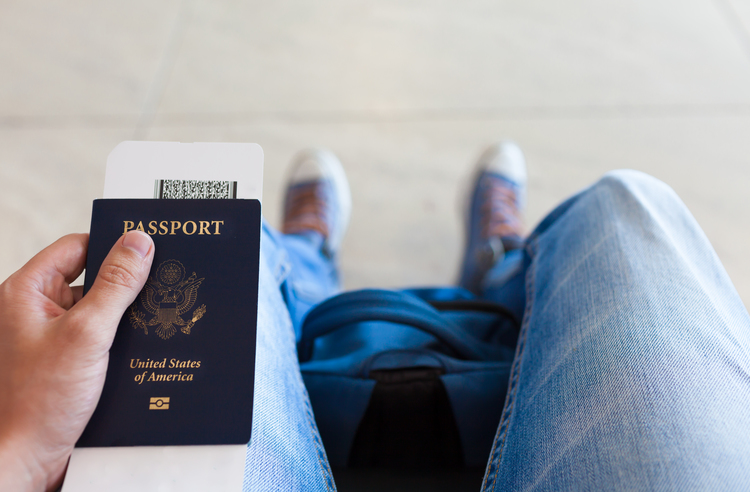
Your Birth Certificate/Social Security Card
If moving is anywhere close on your horizon, be sure to keep your birth certificate and your Social Security Card close by. Many states require that you provide proof of your legal name or proof of your date of birth in order to update your driver’s license or vehicle registration records.
The Title for Your Car
dAre you moving across state lines? If so, be sure to keep your car’s title handy, as you’ll need it to change your car registration from one state to another. You’ll also need your car’s title to transfer ownership to a new owner if you plan to sell your car after you move.
Medical Records for Your Kids
If you’re moving to a new school district, keep your kids’ medical and vaccination records on hand, as their new school will require that you provide their medical records. Besides, it’ll ensure that you don’t delay your child’s enrollment and that they’ll be able to start school as soon as possible.
P.S. Speaking of medical records, it’s also a good idea to keep your own medical records close by on moving day. Moving puts a lot of strain on anyone (mentally and physically!), and it’s always better to be safe than sorry!
Vet Records for Your Pet
Between adjusting to the new backyard and spending moving day at the kennel, moving puts stress on any animal. Should Sparky become car sick, you’ll want to have an updated copy of his or her records. If your pet’s records aren’t up-to-date, arrange a pre-move appointment with the vet to obtain your pet’s current records.

Checks
When it comes to moving, it can sometimes feel like everyone is competing for your checkbook – the plumber, the electrician, the painters, etc. Since many service professionals still do things old-school and require payment by check or cash, be sure to order new checks with your new residential address before moving – you’ll likely need it!
Your Vehicle Registration Records
Depending on where you’re moving, you may need to update your driver’s license and/or vehicle registration records with your new residential address. Policies and procedures vary by state, so check out this comprehensive, state-by-state guide to see what documents you’ll need to bring with you to the DMV.
Copies of Your Lease/Homeowners Insurance Policy
Remember, you’ll need to demonstrate proof of residency in order to set up various “things” at your new place. For example, you’ll often need to show proof of residency in order to turn on new utility services or register your pet at the town hall. To demonstrate proof of residency, make sure to have extra copies of your lease or homeowners insurance policy, which will list your new residential address. Other documents that demonstrate residency include bank statements and paychecks, among others.
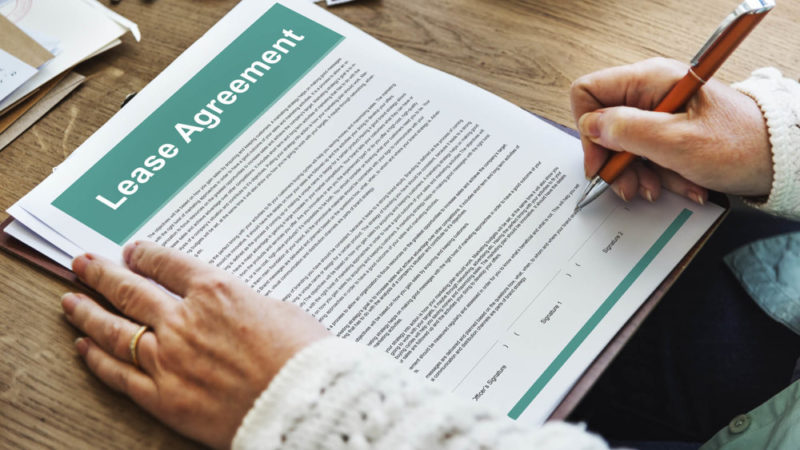
Step 2: Downsize What You Don’t Need
As you start to gather the items above, you’ll probably come across old documents that have piled up in your home over the years – receipts from the early 2000’s, old tax returns, bank statements – we could go on. So, how do you know what to pack and what to purge?
Check out this comprehensive guide, which lists important paperwork that you should throw out and when. To get started, here are a few documents that you’ll want to know whether to pack or purge off the bat.
-
Pay Stubs: Keep your pay stubs until the end of the year, and discard them after reconciling them with your W-2.
-
Receipts: Toss your receipts immediately, unless you plan to itemize something on your tax return, in which case you should keep your receipt for 3 years.
-
Credit Card Statements: Hold onto your statements until you’ve confirmed all charges and received proof of payment from any pending charges. If you plan to claim a tax deduction, you should keep your statement for 3 years.
-
Old Utility Bills: After 1 year, you can discard your old utility bills (as long as you’re not waiting on any pending charges). However, if you plan to claim a tax deduction on an upcoming tax return, you should keep your utility bills for 3 years.
-
Loan Records: Keep your loan records close at hand! You should hold onto them for 7 years.
Step 3: Organize It, Label It, and File It!
Now that you’ve engaged in a satisfying exercise of “pack or purge,” do yourself a favor and keep all your files organized at your next place!
To get started, separate all of your documents into separate folders, and buy stickers or labels to clearly label everything that’s inside. For example, keep all of your necessary tax-related documents from 2016 in your “Taxes 2016” folder.
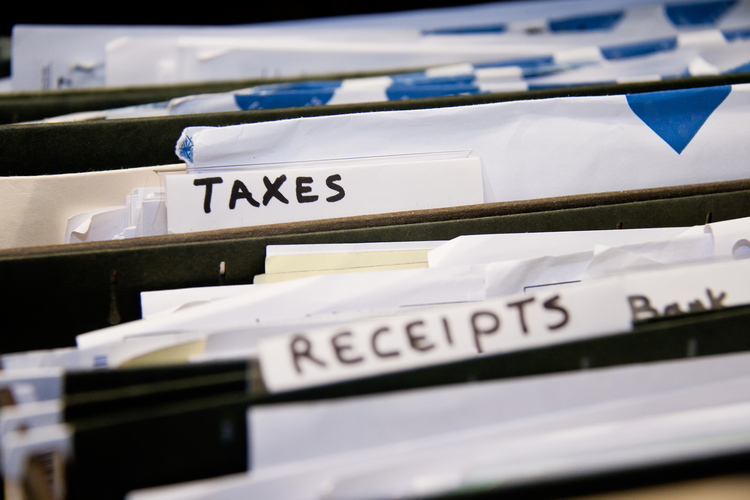
Then, purchase banker’s boxes, which are built to hold letter- or legal-sized paper, and group like folders inside of each box. For example, maybe you have a “Tax Returns: 2009-2016” folder. That way, you’ll be able to easily decipher what’s in each box, particularly if you plan to stack them in a closet.
That’s it, folks! Use this guide to start gathering all the important documents that you’ll need for your move, and you’ll be in a much better place.




